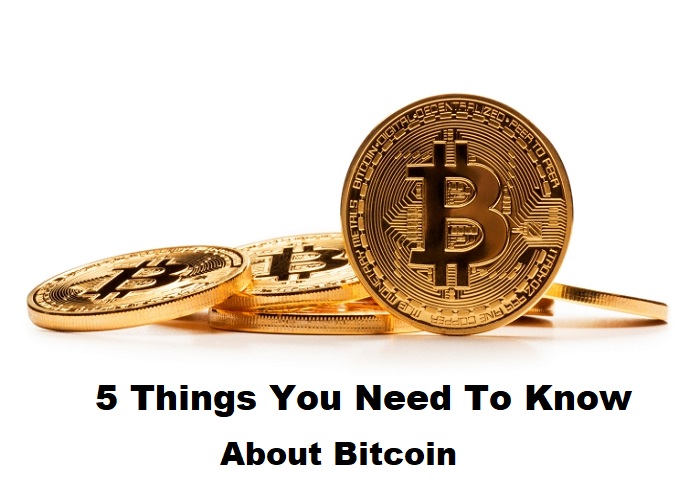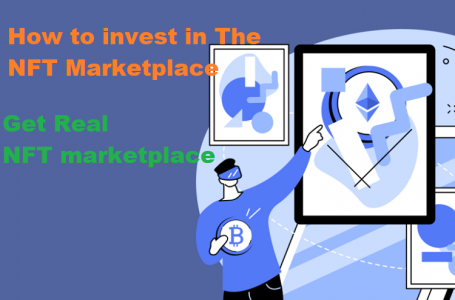
Bitcoin is a digital asset and a payment system invented by Satoshi Nakamoto. Transactions are verified by network nodes through cryptography and recorded in a dispersed public ledger called a blockchain. Bitcoins are created as a reward for a process known as mining. They can be exchanged for other currencies, products, and services. So what do you need to know about Bitcoin? Keep reading to find out!
1. What is Bitcoin, and how does it work?
Bitcoin is a cryptocurrency, a form of electronic cash. It is a decentralized digital currency without a central bank or single administrator that can be sent from user to user on the peer-to-peer bitcoin network without the need for intermediaries. Transactions are verified by network nodes through cryptography and recorded in a dispersed public ledger called a blockchain.
Bitcoins are created as a reward for a process known as mining. They can be exchanged for other currencies, products, and services. As of February 2015, over 100,000 merchants and vendors accepted bitcoin as payment. Research produced by the University of Cambridge estimates that in 2017, there were 2.9 to 5.8 million unique users using a cryptocurrency wallet, most of them using bitcoin.
2. How to buy Bitcoin, and where can you store it?
Bitcoin is a decentralized digital currency, without a central bank or single administrator, that can be sent from user to user on the peer-to-peer bitcoin network without the need for intermediaries. If you want to buy it, you can buy Bitcoin on Coinbase. Coinbase is a secure platform that makes it easy to buy, sell, and store cryptocurrencies like Bitcoin, Ethereum, and more. Based in the USA, Coinbase is available in over 30 countries worldwide” Storing your Bitcoin on Coinbase: When you buy cryptocurrency on Coinbase or anywhere else, you’ll need somewhere to store it. Most exchanges will have their own wallets that you can use, but there are downsides to keeping your Coin on an exchange. One big one is if the exchange gets hacked or goes out of business, your Coin could disappear. Exchanges have been known to do both in the past” The most popular way to store cryptocurrency offline is using a software wallet like Exodus or Electrum; however, hardware wallets like Ledger Nano S and Trezor offer even more security by storing your private keys offline completely.”
3. What are the benefits of using Bitcoin?
Bitcoin is a decentralized digital currency. Transactions are verified by network nodes through cryptography and recorded in public distributed ledger called a blockchain. Bitcoin was invented by an unknown person or group of people under the name Satoshi Nakamoto and released as open-source software in 2009. Bitcoins are created as a reward for a process known as mining. They can be exchanged for other currencies, products, and services. As of February 2015, over 100,000 merchants and vendors accepted bitcoin as payment.
4. How to use Bitcoin for online transactions
Bitcoin is a cryptocurrency that can be used for online transactions. Cryptocurrencies are digital or virtual tokens that use cryptography to secure their transactions and control the creation of new units. Bitcoins can be purchased using traditional fiat currencies, such as US dollars, or they can be mined. Bitcoins can then be used to purchase goods and services online, or they can be stored in a digital wallet. In order to use Bitcoin for online transactions, you will need to set up a digital wallet and purchase some bitcoins. Once you have done this, you can start using Bitcoin to pay for goods and services online. There are many businesses that accept Bitcoin as payment, so you should not have any trouble finding what you need. You can also use Bitcoin to pay for goods and services in other cryptocurrencies, such as Ethereum or Litecoin. This allows you to take advantage of the unique features of each cryptocurrency. When using Bitcoin for online transactions, it is important to remember that it is a decentralized system. This means that there is no single authority that controls it. Instead, it is managed by a network of computers around the world. As a result, Bitcoin transactions are fast and cheap. However, there are also some risks associated with Bitcoin.
5. What are the risks associated with Bitcoin?
Bitcoin is a popular digital currency. This offers many potential benefits. But there are also some risks associated with Bitcoin. For example, because Bitcoin is not regulated by any government or financial institution, there is no way to ensure that users will be able to access their funds or that the value of Bitcoin will not suddenly drop. In addition, Bitcoin transactions are irreversible, meaning that there is no way to get your money back if you send it to the wrong person or if a transaction is not completed as expected. Finally, because Bitcoin is still a relatively new technology, it is not yet clear how it will be used in the future and what unintended consequences could arise from its use. Overall, while Bitcoin has the potential to revolutionize the way we interact with the digital world, it is important to be aware of the risks involved before using it.
Conclusion:
Bitcoin is a digital currency. It is decentralized, meaning there is no one person or organization in charge of it. Bitcoin is used to purchase goods and services online, as well as exchange for other currencies. You can do this by downloading a software client or an online service. There are many different types of wallets available, so be sure to choose one that fits your needs.










